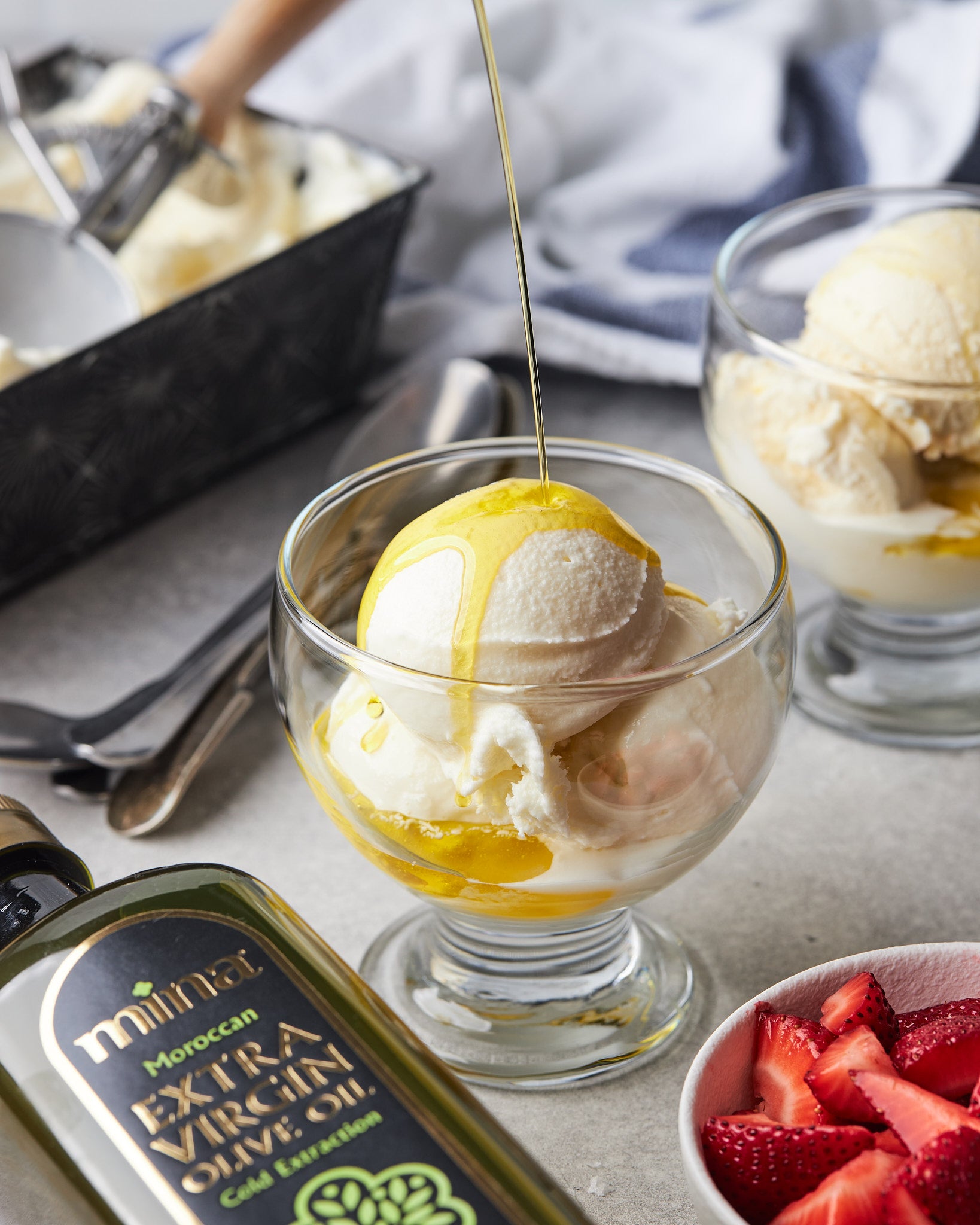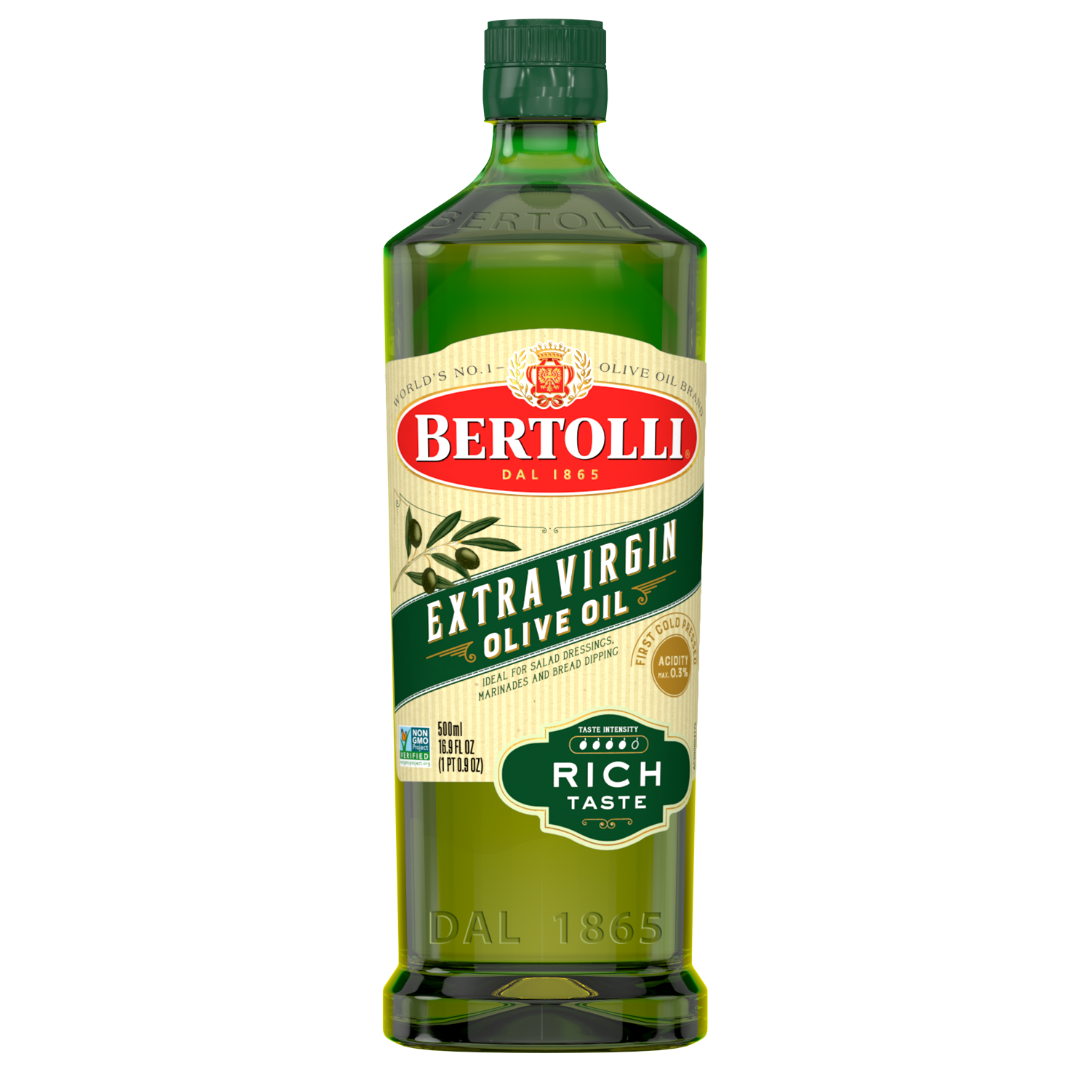Surprising Extra Virgin Olive Oil Benefits You Need to Know
Surprising Extra Virgin Olive Oil Benefits You Need to Know
Blog Article
Exploring the Various Kinds Of Olive Oil and Their Uses, Including Bonus Virgin Olive Oil
The exploration of olive oil incorporates a diverse variety of types, each offering culinary applications and unique tastes. Extra virgin olive oil, renowned for its premium quality and wellness benefits, offers as a staple in many kitchen areas, yet it is just one element of this multifaceted component.
What Is Olive Oil?
Originated from the fruit of the olive tree, olive oil is a staple in Mediterranean cuisine and a crucial active ingredient in various culinary applications. This flexible oil is generated by pressing whole olives, leading to a fluid that differs in flavor, scent, and shade depending on the kind of olives made use of, the area of farming, and the removal procedure. Olive oil is predominantly made up of monounsaturated fats, especially oleic acid, which is recognized for its possible wellness advantages, consisting of anti-inflammatory residential or commercial properties and cardiovascular support.
In enhancement to its cooking usages, olive oil has a lengthy history of application in conventional medicine and skincare, owing to its rich antioxidant content (extra virgin olive oil benefits). The oil is typically utilized in dressings, marinates, and for cooking techniques such as sautéing and roasting. Its unique taste account can boost the preference of different meals, making it a necessary active ingredient for both home chefs and expert chefs
Additionally, olive oil is celebrated for its function in the Mediterranean diet, which is associated with many wellness benefits. As awareness of these advantages expands, olive oil proceeds to acquire popularity worldwide as a fundamental component of a healthy and balanced way of life.
Kinds of Olive Oil
Comprehending the different types of olive oil is important for both health-conscious consumers and cooking fanatics. Olive oil is classified largely based on its removal method and high quality, which substantially impacts its health, fragrance, and flavor benefits.

Light olive oil, in spite of its name, refers to a lighter flavor and not reduced calories. It is excellent for those looking for a much more subtle taste in marinades and dressings. In addition, there are flavorful olive oils infused with natural herbs, seasonings, or citrus, which can improve recipes without the requirement for extra seasoning.
Each kind of olive oil serves specific cooking functions, and comprehending these differences permits consumers to make informed selections that line up with their cooking designs and health goals.
Additional Virgin Olive Oil
Extra virgin olive oil (EVOO) is extensively related to as the finest olive oil offered, celebrated for its abundant flavor and countless health and wellness benefits. To be categorized as extra virgin, the oil needs to be produced from fresh olives making use of mechanical processes, without using solvents or extreme warm. This meticulous approach preserves the oil's all-natural tastes, anti-oxidants, and healthy fats, leading to a product with a low level of acidity level of less than 0.8%.
EVOO is bountiful in monounsaturated fats, particularly oleic acid, which is connected to reduced inflammation and boosted heart health. It likewise has polyphenols, powerful anti-oxidants that may use safety effects versus persistent illness. The flavor account of EVOO can differ considerably relying on the olive selection and region of production, varying from fruity and grassy to durable and sharp.

Culinary Use Olive Oil

In cooking, olive oil can be utilized for sautéing, roasting, and grilling, providing a healthier alternative to butter or various other fats. Its high smoke factor makes it appropriate for different cooking techniques, while its antioxidants contribute to a heart-healthy diet. Drizzling olive oil over finished recipes, such as pasta, fish, or smoked vegetables, can raise flavors and add a touch of elegance.
Moreover, olive oil plays a substantial duty in cooking, where it can replace traditional fats in recipes for bread and breads, presenting wetness and a subtle taste. It additionally acts as a base for infused oils, allowing our website cooks to try out flavors such as garlic, natural herbs, or chili, additionally broadening its culinary possibility. Generally, olive oil's adaptability makes it important in both home and professional cooking areas.
Deciding On Top Quality Olive Oil
When choosing high quality olive oil, it's essential to think about numerous crucial aspects that influence the item's health and wellness, flavor, and scent advantages. Primarily, choose additional virgin olive oil (EVOO), which is stemmed from the first cool pressing of olives and consists of the highest degree of anti-oxidants and useful substances. Search for oils that are licensed by recognized organizations, as this usually guarantees adherence to rigid top quality criteria.
The packaging also plays a considerable duty in preserving the oil's integrity. Select oils saved in dark glass containers or tins to protect versus light degradation. Take notice of the harvest day; fresher oils use superior flavor and nutritional value, so choose items that are within 18 months of their harvest.
Furthermore, take into consideration the origin of the oil. Premium olive oils commonly originate from details regions known for their distinct flavor profiles, such as Italian, Spanish, or Greek oils. Be mindful of the taste; a great high quality olive oil ought to have a balance of moved here fruity, bitter, and peppery notes, indicating its richness and intricacy. By evaluating these variables, you can guarantee you are selecting the finest olive oil for your culinary requirements.
Conclusion
In recap, the exploration of different types of olive oil discloses distinct qualities and applications, with extra virgin olive oil standing i loved this for the pinnacle of high quality due to its reduced acidity and high antioxidant content. Understanding the various ranges of olive oil enables for educated options in food preparation methods, promoting much healthier practices while enhancing the general gastronomic experience.
Derived from the fruit of the olive tree, olive oil is a staple in Mediterranean food and a key component in different cooking applications.The most usual kinds of olive oil include refined olive oil, pure olive oil, and light olive oil.Bonus virgin olive oil (EVOO) is widely concerned as the highest top quality olive oil readily available, renowned for its abundant taste and various health benefits. Decide for additional virgin olive oil (EVOO), which is acquired from the initial cold pushing of olives and includes the highest possible levels of antioxidants and advantageous substances.In summary, the expedition of numerous kinds of olive oil reveals distinct qualities and applications, with added virgin olive oil representing the pinnacle of top quality due to its low level of acidity and high antioxidant material.
Report this page